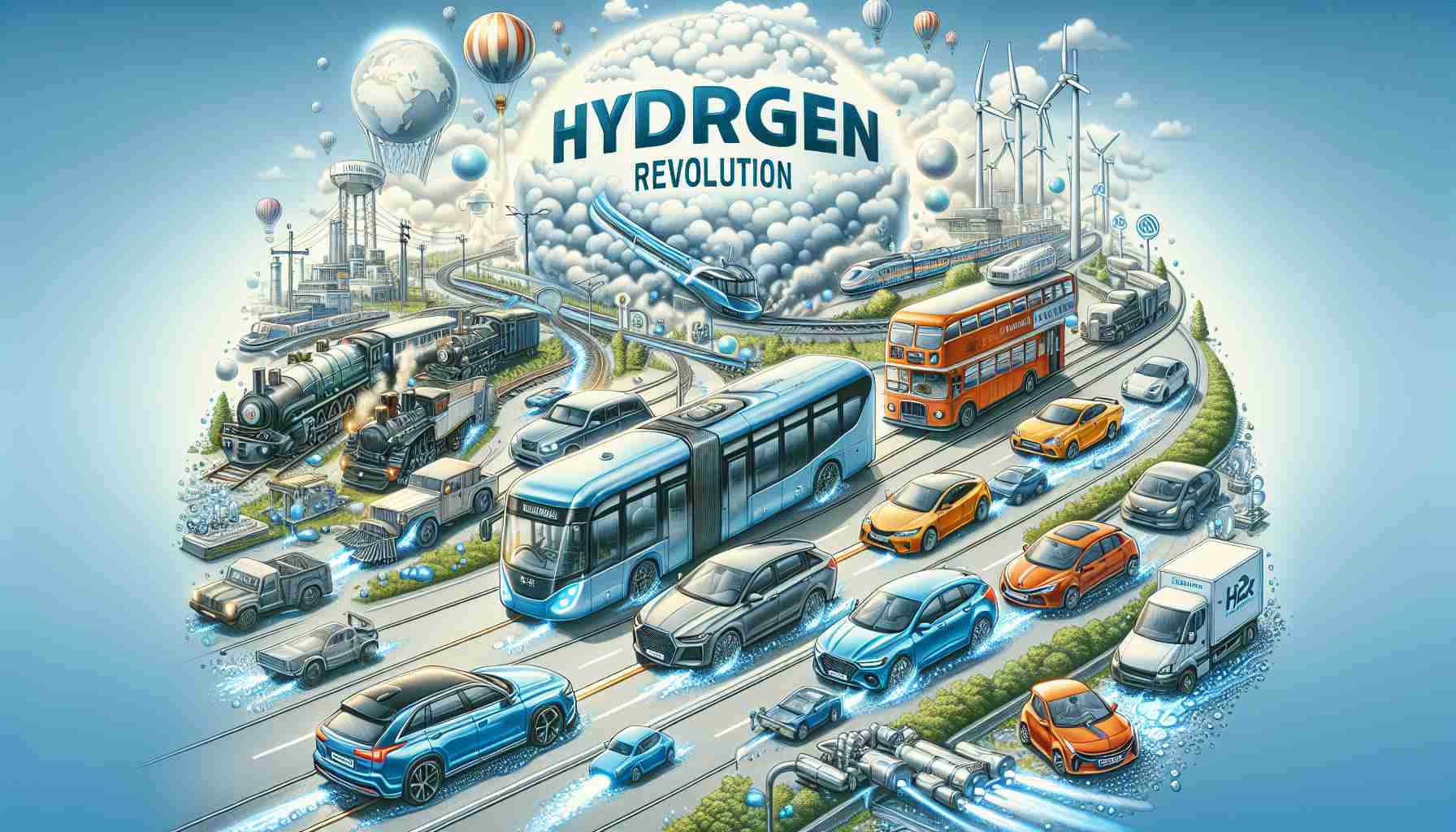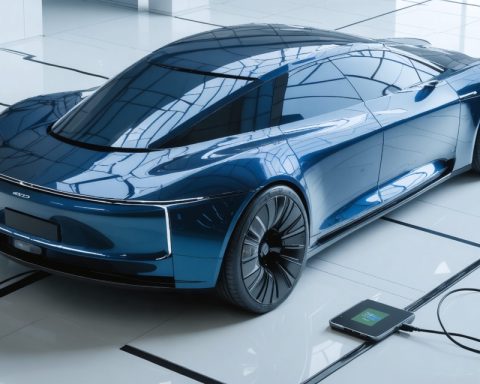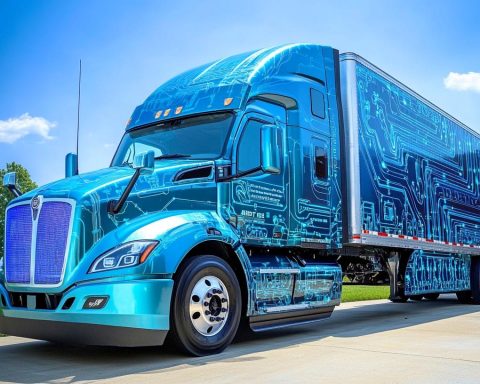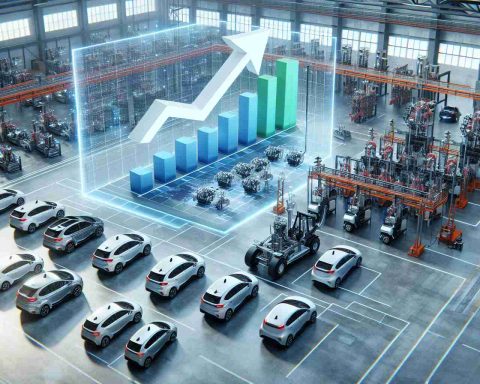In a groundbreaking move, Australian company H2X Global is set to disrupt the transportation sector with its revolutionary hydrogen-powered vehicles. The Warrego utility truck, boasting an impressive range of 465 miles (750 km), positions H2X at the forefront of sustainable transportation technology. With over $50 million in pre-orders already secured, the Warrego demonstrates that the world is ready for a significant shift towards greener solutions.
Expanding into Scandinavia, H2X recently signed an agreement with Swedish waste management firm Renova, earmarking Sweden as a pivotal player in the hydrogen transformation. This deal includes a small fleet of hydrogen-powered vehicles, ranging from a 3.5-ton tail-lift truck to a 28-ton demountable vehicle. This strategic partnership promises to unlock further potential in Scandinavia, as the region continues to spearhead the adoption of renewable energy.
While the Warrego only scratches the surface of H2X’s ambitions, the company’s vision includes a diverse lineup of vehicles such as taxis, buses, vans, and SUVs—all powered by hydrogen technology. By setting up facilities across continents, including Scandinavia, Malaysia, and India, H2X aims to create a global hydrogen mobility network.
The brainchild of industry veterans Brendan Norman and Chris Reitz, H2X Global is leading the charge toward cleaner transportation. Norman and Reitz harnessed their wealth of experience from automotive giants like Volkswagen and BMW to forge a new path centered on sustainability. Their commitment to hydrogen fuel cells capitalizes on their short refueling time, extended range, and cost-effectiveness compared to traditional battery electric vehicles.
The world is watching closely as H2X continues to pioneer a cleaner, more sustainable future.
Could Hydrogen-Powered Cars Usher in a New Era of Green Transportation?
In recent years, the global transportation sector has undergone a significant transformation as companies like H2X Global push the boundaries of traditional automotive technology. While the original article highlights H2X’s novel hydrogen-powered vehicles and strategic ventures, there remain intriguing factors about hydrogen technology and its broader implications that merit attention.
Why is Hydrogen a Game Changer?
Despite the rising popularity of electric vehicles (EVs), hydrogen fuel cell vehicles (HFCVs) offer uniquely compelling advantages. The shorter refueling time for hydrogen vehicles, akin to traditional gasoline cars, provides a convenient alternative to the extended charging times associated with battery electric vehicles (BEVs). Moreover, hydrogen cars can cover greater distances on a single refill, effectively addressing the range anxiety that plagues some electric car users. But how does this translate into real-world impacts for people and communities?
Economic and Environmental Considerations
At a macroeconomic level, hydrogen can bolster energy security and reduce dependence on fossil fuels. By producing green hydrogen, communities can generate employment opportunities in new manufacturing plants or refueling stations. Countries heavily investing in hydrogen infrastructure, such as Japan and South Korea, are betting on these economic benefits.
Environmental enthusiasts also emphasize the potential for hydrogen to drastically reduce carbon emissions. However, skeptics question the efficiency of hydrogen production methods, especially when derived from non-renewable sources. How will this balance of economic vs. environmental factors evolve in the coming years?
Controversies Surrounding Hydrogen Vehicles
Not everything about hydrogen-powered vehicles is straightforward. The current cost to produce hydrogen, especially green hydrogen, is considerably high. Critics question whether investments in hydrogen might divert resources from more developed electric vehicle technologies. Additionally, there are concerns about the safety and feasibility of large-scale hydrogen storage and distribution, given its flammable nature.
Potential breakthroughs in affordable and clean hydrogen production methods could shift these dynamics. Germany’s investments in electrolysis technology might accelerate this progress, promoting further global adoption.
Related Questions and Considerations
1. Is the public ready to embrace hydrogen fuel cells? Consumer awareness and acceptance remain crucial, with educational campaigns likely needed to familiarize the public with hydrogen technology.
2. What role will governments play? Government policies and incentives could significantly affect the speed at which hydrogen vehicles become mainstream. Supportive legislation might include subsidies for hydrogen infrastructure or tax incentives for consumers purchasing these vehicles.
Further Reading: To explore more on the developments in the hydrogen sector and its potential impacts, check out reputable sources like Reuters and BBC News.
As the world grapples with the triple pressures of energy demand, environmental conservation, and technological advancement, hydrogen vehicles offer a curious glimpse into a cleaner future. Whether hydrogen will vroom into everyday life or remain a niche technology is yet to be seen, but its potential is undeniably worth watching.













